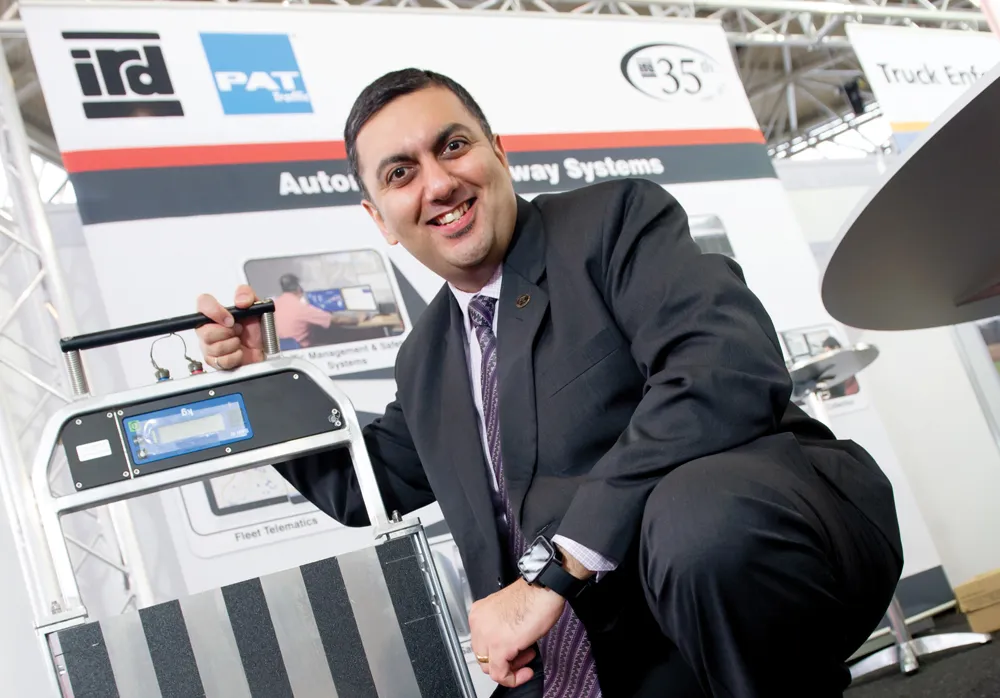Sirit will provide toll readers, along with both standard and self declaration transponders, for a toll collection system on SR 520 across Lake Washington. The SR 520 toll collection system is an open road tolling system which will automatically identify and classify each vehicle traveling in both directions at a single location on the highway and capture the transponder identification number.
The Sirit IDentity 5200 readers and tags selected by WSDOT will offer ISO-18000-6C technology, and are designed for long-range, high speed vehicle identification and tolling applications. The readers and tags are based on open standards and incorporate multiple protocols to enable interoperability with legacy tolling systems in Washington State, while ensuring that features and capabilities can be added as RFID technology continues to evolve.
"Open standards-based technology is leading the way in electronic toll collection (ETC) applications. Sirit is excited to play a role in the innovative implementation of this emerging toll technology," said John Freund, president, Sirit Corp. "Sirit's ISO-18000-6C reader and transponder options offer a superior balance of performance and price for any ETC application," added Freund.
"We're pleased to partner with Sirit to bring some of the most advanced toll collection systems in the nation to Washington State," said WSDOT toll division director Craig Stone. "Sirit was able to offer us an entire suite of 6C transponder options and has been very responsive to our needs."








